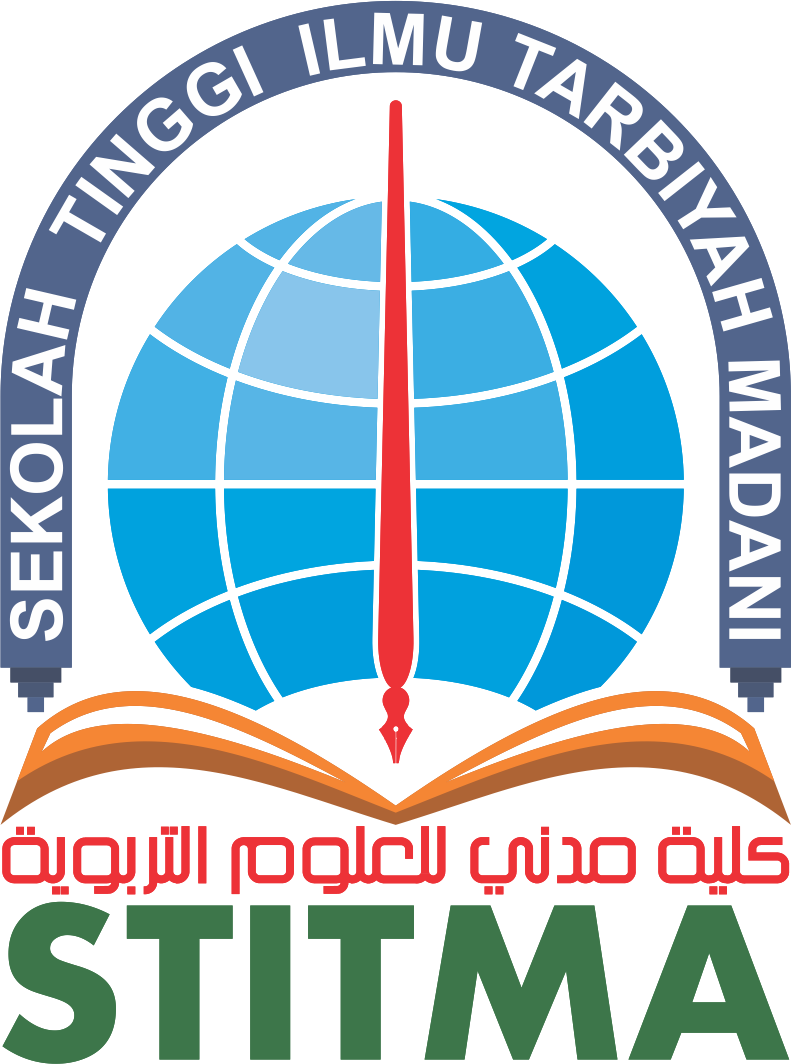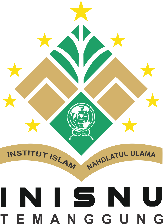Integrating Indigenous Knowledge into Quality Assurance Standards in Multicultural Classrooms
DOI:
https://doi.org/10.59944/postaxial.v3i3.475Keywords:
Indigenous Knowledge, Quality Assurance, Multicultural Education, Culturally Responsive Pedagogy, Educational EquityAbstract
This study explores the integration of Indigenous Knowledge into quality assurance (QA) standards in multicultural classrooms, focusing on how localized epistemologies can enhance educational relevance and inclusivity. Amid the global push for standardized QA frameworks, many such models overlook the cultural wealth and pedagogical insights rooted in Indigenous traditions, particularly in diverse educational settings. Using a qualitative case study approach, the research investigates how schools in multicultural regions embed Indigenous values, practices, and knowledge systems into their teaching, learning, and assessment processes. Data were collected through interviews with teachers, school leaders, and community elders, as well as through classroom observations and document analysis. The findings reveal that integrating Indigenous Knowledge into QA processes fosters greater cultural affirmation, increases student engagement, and promotes contextually grounded standards of excellence. However, the process is not without challenges, such as policy misalignment, lack of teacher training, and tensions between standardized assessment criteria and culturally responsive pedagogies. The study concludes that for QA to be truly equitable and inclusive, it must move beyond universal benchmarks and instead adopt a flexible, context-sensitive approach that honors the lived realities of Indigenous and minority students.
References
Battiste, M. (2013). Decolonizing education: Nourishing the learning spirit. Purich Publishing.
Bowen, G. A. (2009). Document analysis as a qualitative research method. Qualitative Research Journal, 9(2), 27–40.
Braun, V., & Clarke, V. (2006). Using thematic analysis in psychology. Qualitative Research in Psychology, 3(2), 77–101.
Chilisa, B. (2012). Indigenous research methodologies. Sage Publications.
Creswell, J. W. (2014). Research design: Qualitative, quantitative, and mixed methods approaches (4th ed.). Sage Publications.
Fitrianto, I. (2019). ماليزيا بجامعة دار السلام كونتور العام: KUISتنفيذ الدورة المكثفة في اللغة العربية لطلاب الكلية الجامعية الإسلامية العالمية بسلانجور 2018 (Doctoral dissertation, University of Darussalam Gontor).
Fitrianto, I. (2024). Critical Reasoning Skills: Designing an Education Curriculum Relevant to Social and Economic Needs. International Journal of Post Axial: Futuristic Teaching and Learning, 245-258.
Fitrianto, I. (2024). Innovation and Technology in Arabic Language Learning in Indonesia: Trends and Implications. International Journal of Post Axial: Futuristic Teaching and Learning, 134-150.
Fitrianto, I. (2024). Strategi Guru Pai Dalam Mengatasi Kesulitan Belajar Pada Mata Pelajaran Hadis Kelas 8 MTS Ibadurrahman Subaim. IJER: Indonesian Journal of Educational Research, 356-363.
Fitrianto, I., & Abdillah, F. M. (2018). MODEL PEMBELAJARAN PROGAM PEMANTAPAN BAHASA ARAB DAN SHAHSIAH (KEMBARA) KE 4 MAHASISWA KOLEJ UNIVERSITI ISLAM ANTAR BANGSA SELANGOR (KUIS) TAHUN 2018. University of Darussalam Gontor 15-16 September 2018, 121.
Fitrianto, I., & Hamid, R. (2024). Morphosemantic Changes in the Arabic Language in the Social Media Era: A Study of Neologisms and Their Impact on Youth Communication/التغيرات المورفوسيمانتية في اللغة العربية في عصر وسائل التواصل الاجتماعي: دراسة حول النيو لوغيزم وتأثيرها على تواصل الشباب. IJAS: International Journal of Arabic Studies, 1(1 September), 25-39.
Fitrianto, I., & Saif, A. (2024). The role of virtual reality in enhancing Experiential Learning: a comparative study of traditional and immersive learning environments. International Journal of Post Axial: Futuristic Teaching and Learning, 97-110.
Fitrianto, I., Hamid, R., & Mulalic, A. (2023). The effectiveness of the learning strategy" think, talk, write" and snowball for improving learning achievement in lessons insya'at Islamic Boarding School Arisalah. International Journal of Post Axial: Futuristic Teaching and Learning, 13-22.
Freire, P. (1970). Pedagogy of the Oppressed. New York: Continuum.
Fricker, M. (2007). Epistemic injustice: Power and the ethics of knowing. Oxford University Press.
Fullan, M. (2007). The New Meaning of Educational Change. Teachers College Press.
Gay, G. (2010). Culturally responsive teaching: Theory, research, and practice (2nd ed.). Teachers College Press.
Gay, G. (2010). Culturally Responsive Teaching: Theory, Research, and Practice (2nd ed.). Teachers College Press.
Gipps, C. (1999). Socio-cultural aspects of assessment. Review of Research in Education, 24(1), 355–392.
Khalifa, M., Gooden, M. A., & Davis, J. E. (2016). Culturally responsive school leadership: A synthesis of the literature. Review of Educational Research, 86(4), 1272–1311.
Kovach, M. (2009). Indigenous methodologies: Characteristics, conversations, and contexts. University of Toronto Press.
Krueger, R. A., & Casey, M. A. (2015). Focus groups: A practical guide for applied research (5th ed.). Sage Publications.
Lingard, B., Creagh, S., & Vass, G. (2013). Equity and education policy in Australia. Discourse: Studies in the Cultural Politics of Education, 33(2), 213–230.
Lingard, B., Sellar, S., & Savage, G. (2013). Reforming teacher education: The complexity of aligning standards and curriculum in policy. Journal of Education Policy, 28(6), 711–730.
Luke, A., Woods, A., & Weir, K. (2013). Curriculum, Syllabus Design and Equity: A Primer and Model. Routledge.
McKinley, E., & Smith, L. T. (2019). Towards self-determination in Indigenous education research: An agenda for New Zealand. Higher Education Research & Development, 38(2), 305–318.
Merriam, S. B. (2009). Qualitative research: A guide to design and implementation. Jossey-Bass.
Nieto, S. (2010). The Light in Their Eyes: Creating Multicultural Learning Communities. Teachers College Press.
Paris, D., & Alim, H. S. (2017). Culturally sustaining pedagogies: Teaching and learning for justice in a changing world. Teachers College Press.
Paris, D., & Alim, H. S. (2017). Culturally Sustaining Pedagogies: Teaching and Learning for Justice in a Changing World. Teachers College Press.
Patton, M. Q. (2002). Qualitative research and evaluation methods (3rd ed.). Sage Publications.
Sleeter, C. E. (2012). Confronting the marginalization of culturally responsive pedagogy. Urban Education, 47(3), 562–584.
Smith, L. T. (2012). Decolonizing methodologies: Research and indigenous peoples (2nd ed.). Zed Books.
Smith, L. T. (2012). Decolonizing Methodologies: Research and Indigenous Peoples (2nd ed.). Zed Books.
Stake, R. E. (1995). The art of case study research. Sage Publications.
Stake, R. E. (1995). The art of case study research. Sage.
Tikly, L. (2011). Towards a framework for researching the quality of education in low‐income countries. Comparative Education, 47(1), 1–23.
UNESCO. (2017). A Guide for Ensuring Inclusion and Equity in Education. Paris: UNESCO.






